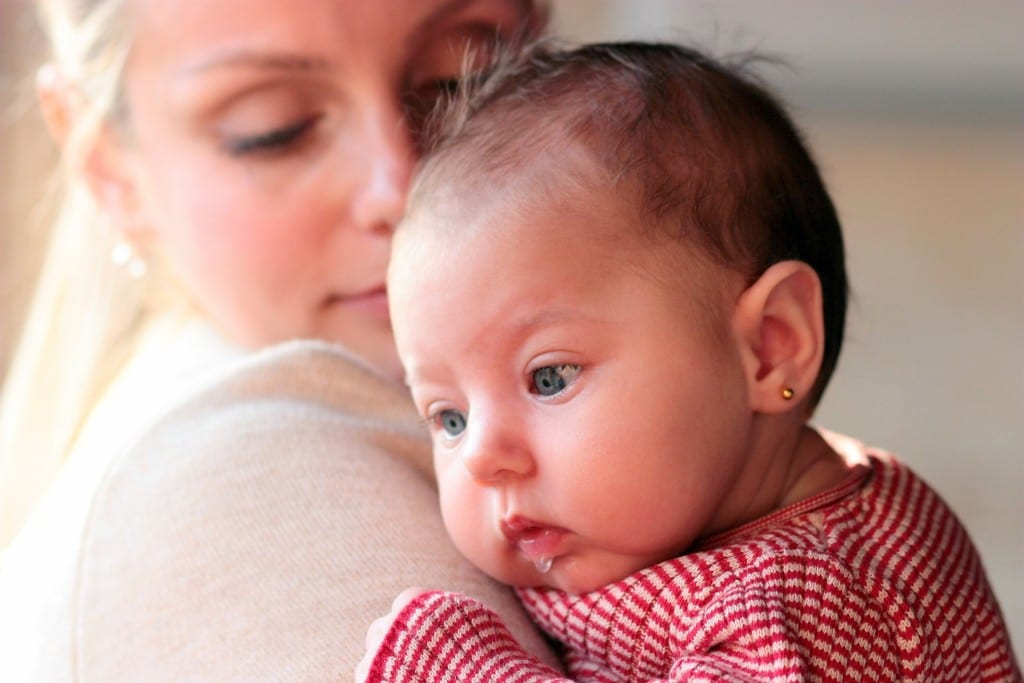
Imagine this… your infant daughter is fussy and cries a lot. You worry that something may be wrong, but fussy babies are not uncommon, and everyone tells you to hang in there. But she doesn’t seem to be getting better, and sometimes she cries as if she’s in pain. It worries you. Several doctor’s check-ups offer no results, so finally you take her to the ER and demand that they do tests, scans, anything to put your mind at ease. What they do instead is open the gates of hell.
An x-ray reveals several broken bones, all at different stages of healing. The immediate assumption is that you or your spouse are violent child abusers. After all, the evidence is right here, written in your baby’s bones like a running litany of accusations. Her left tibia, three ribs, her right forearm. And everyone assumes it’s you. How else could a baby end up with so many bone fractures?
Brittle bone disease in children, also known as Osteogenesis imperfecta, is a congenital bone disorder that’s commonly characterized by very brittle bones that are prone to fracturing and breaking. It has been the cause of several child abuse investigations in the past. Your situation is no different. That doesn’t make it any less terrifying, though.
According to medical experts, a person suffering from brittle bone disease has bones that break very easily, usually without any type of injury, or with only the slightest pressure or contact. Try to imagine what it would be like to have bones made out of hand-blown glass, because that’s probably the closest approximation you can get. Now try to imagine how those bones would respond to the knocks and bumps of daily life.
Babies with brittle bone disease are at constant risk for broken bones.
Even simple actions like diaper changes, swaddling, and even playing together can cause broken bones. Because a baby’s musculature hasn’t fully developed, this can make the problem worse, as there is no strength in the body to help protect a frail bone structure.
Brittle bone disease is inherited, which means that it’s passed down through families. It’s caused by a defect in a gene that’s supposed to make collagen, which is a protein in your body that helps to form and strengthen your bones. If you don’t have enough of it, your bones become very weak and break easily. Unfortunately there is no cure for Osteogenesis imperfecta, but it is treatable.
Join us next time, as we continue unpacking the subject of brittle bone disease, and how it affects families with children who suffer from this disorder. Until then, if you or a loved one have been falsely accused of hurting a child, contact us immediately at 866 766 5245. At The Kronzek Firm, we specialize in the defense of parents who are wrongly accused of child abuse. We have helped hundreds of Michigan parents over the years. We can help you too.
